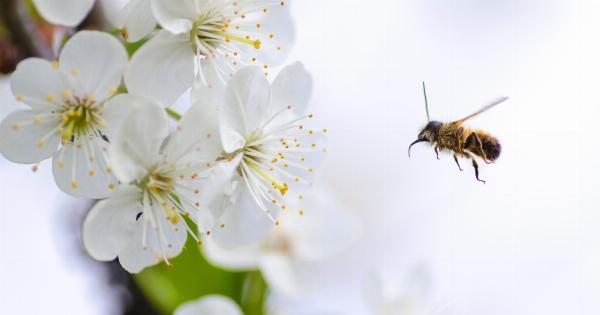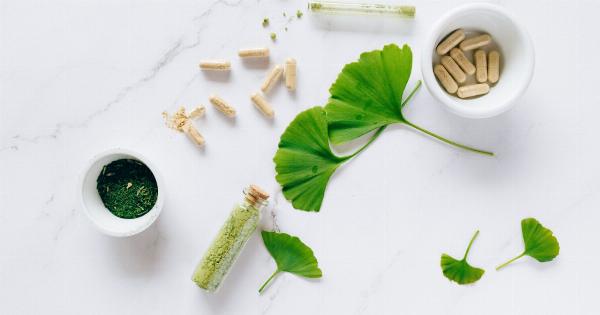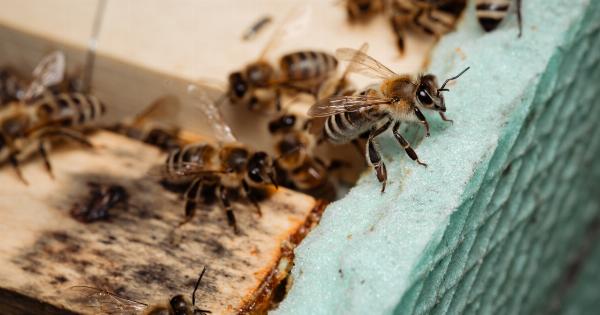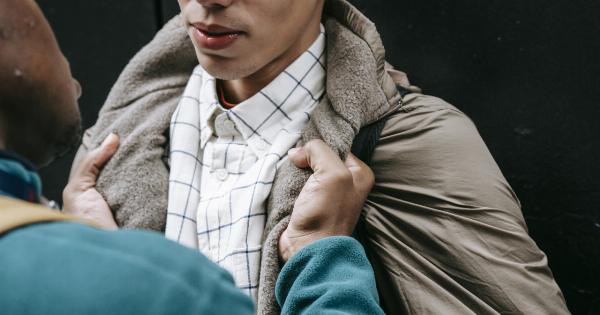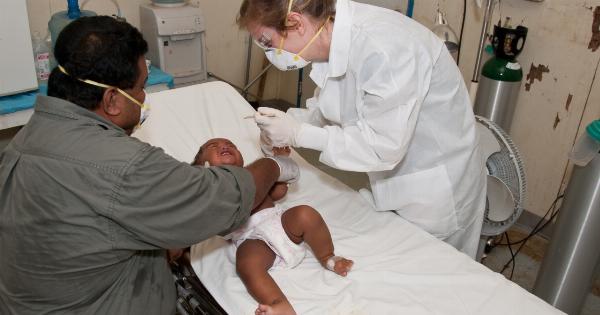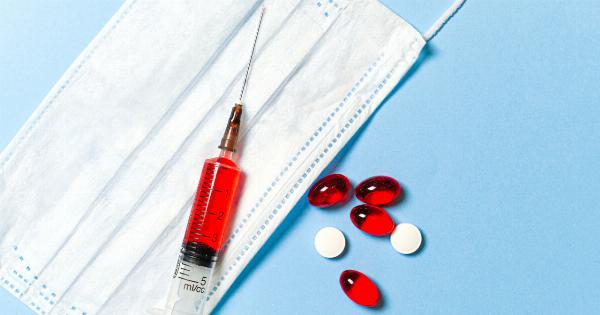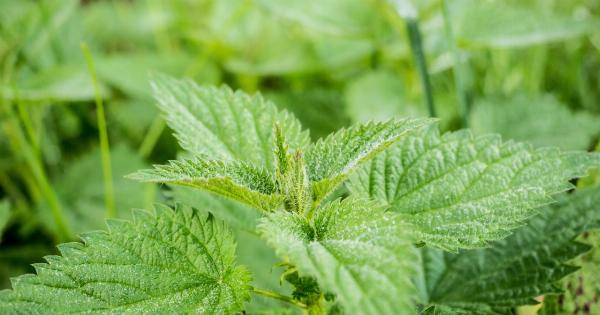Bees are fascinating insects that play a vital role in our ecosystem. However, when provoked or threatened, they can sting, causing a painful, sometimes life-threatening reaction.
Bee stings are a common occurrence, and most people will experience at least one in their lifetime. In this article, we will discuss the best ways to prevent bee stings and the medication available to treat them.
Understanding Bee Stings
Bee stings are painful and can cause different reactions, depending on a person’s sensitivity to bee venom. Most people experience redness, swelling, and pain at the sting site, which typically lasts for a few hours.
However, individuals who are allergic to bee stings may experience severe reactions, such as difficulty breathing, swelling of the throat, and anaphylaxis.
If you’re stung by a bee, it’s important to remove the stinger as quickly as possible. The stinger contains sacs of venom that continue to pump venom into your skin if left in place.
Use your fingernail, a credit card, or a similar object to gently scrape the stinger away from your skin, but avoid squeezing the venom sacs as this can inject more venom into your bloodstream.
Bee Sting Prevention
The best way to avoid bee stings is to prevent them from occurring in the first place. Here are some tips to help you avoid getting stung by bees:.
Avoid Floral-Scented Perfumes and Lotions
Bee’s are attracted to floral scents and colors. Therefore, it is essential to avoid using floral-scented perfumes and lotions when spending time outdoors, especially in areas where there are lots of bees.
Avoid Wearing Bright, Floral Colors
Bee’s are also attracted to bright colors, particularly those with floral patterns.
Therefore, it is best to wear light-colored clothes when spending time outdoors, such as white, beige, or gray, and avoid wearing brightly colored clothes or floral patterns.
Avoid Eating Sweet Foods Outdoors
Sweet food and drinks attract bees. When spending time outdoors, it is best to avoid eating sweet foods and drinking sweetened drinks that can attract bees.
Cover Up When Spending Time Outdoors
When spending time outdoors, it is best to cover up to protect yourself from bee stings. Ensure you wear long-sleeve shirts, trousers, and closed-toe shoes to minimize the amount of skin exposed to bees.
Wearing a hat or a cap can also help prevent bees from getting tangled in your hair.
Be Careful When Disturbing Bee and Wasp Nests
Never attempt to move or disturb bee and wasp nests, even if they are in your backyard. Always call in a professional to deal with nests.
Bee Sting Medication
If you do get stung by a bee, there are several over-the-counter medications that you can use to relieve the pain and discomfort caused by bee stings. Here are some of the most common bee sting medication:.
Antihistamines
Antihistamines are medications that help reduce the itching, swelling, and redness associated with bee stings. Common antihistamines include Benadryl, Zyrtec, and Claritin.
Topical Corticosteroids
Corticosteroids are anti-inflammatory drugs that help reduce swelling and inflammation caused by bee stings. Topical corticosteroids like hydrocortisone cream are applied directly to the sting site to relieve itching and pain.
Pain Relievers
Over-the-counter pain relievers like acetaminophen (Tylenol) and ibuprofen (Advil, Motrin) can help reduce pain and inflammation caused by bee stings. These pain relievers are especially useful for individuals who experience severe pain and discomfort.
Epinephrine Injections
Individuals who are severely allergic to bee stings may require epinephrine injections. Epinephrine is a hormone that relaxes the muscles in the airways, making it easier to breathe. It also helps reduce the swelling caused by bee stings.
Conclusion
Bee stings are common and can cause a painful, sometimes life-threatening reaction. However, by following the tips outlined in this article, you can minimize the risk of getting stung by bees.
In addition, there are many over-the-counter medications available that can help reduce the pain and discomfort caused by bee stings. If you experience severe reactions to bee stings, seek medical attention immediately.
